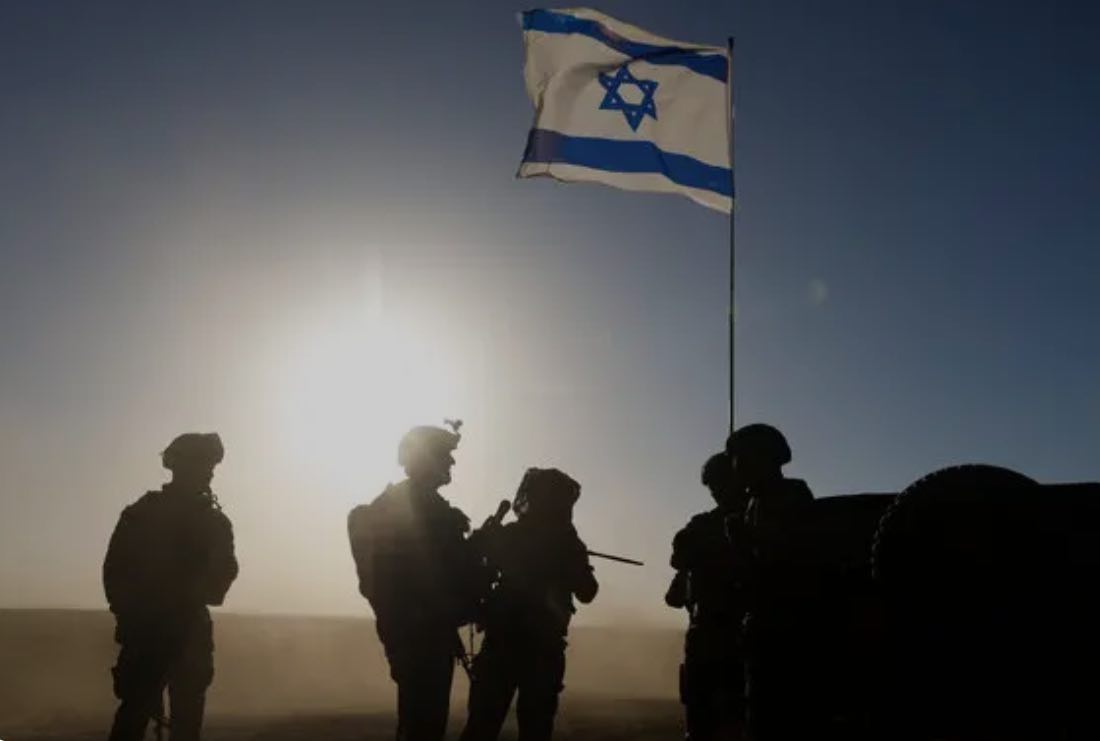Israel’s High-Risk Strategy in Lebanon
Israel’s high-risk strategy in Lebanon: wars for establishing peace rarely succeed.
They usually occur with a choice: a preemptive strike to neutralize a tangible threat. Israel and Hezbollah have been caught in the fear of escalating retaliatory attacks for about a year.
But last week, Israel clearly decided to significantly increase its attacks against this Iranian proxy group.
According to some reports, Israel claimed it was escalating tensions to de-escalate them, to force its enemy into a diplomatic solution.
This is a dangerous and incomplete narrative that might be designed to deceive its ally, the United States, into believing that the diplomatic solution, for which Washington has invested significant energy, remains Israel’s goal.
However, the more damage recently inflicted on Hezbollah, the more likely Israel’s short-term success seems.
A full-scale ground war between the weary and divided Israeli army and the experienced and angry Hezbollah forces in southern Lebanon would likely be disastrous for Israel. This is exactly what Hezbollah is good at and is waiting for, yet it is something Israel currently does not want to engage in.
Last week showcased the technological gap between the two enemies. One side had to revert to two-decade-old technology to evade Israeli spyware and surveillance, while the other could infiltrate the limited supply chain of those devices, plant explosives in thousands of Taiwanese-designed pagers, and simultaneously harm hundreds of senior Hezbollah operatives, disable them, and at the same time kill children and injure thousands more.
This extremely ruthless attack was not enough for Israel, and 24 hours later, by detonating a series of walkie-talkies, it killed even more militants, including during the funeral of those who had been assassinated the day before.
In the ensuing panic, Israel apparently identifies Hezbollah members and can simultaneously assassinate more than a dozen senior officials and a senior commander, Ibrahim Aqil, in a massive explosion in southern Beirut.
Throughout this period, Hezbollah positions in southern Lebanon were repeatedly attacked by airstrikes, causing significant damage to Hezbollah’s command, control, morale, and equipment, all without a single Israeli soldier on the ground.
It’s important not to overlook the psychological and operational impact of such attacks, like the pager explosions, on any enemy. Hezbollah members probably don’t know whom to contact or how. They scatter and look for a way.
They probably can’t provide a unified response and may lose time arguing over successor choices.
Over time, they may rise up and respond more forcefully, but for now, Israel exploits the initial ruthless chaos.
Where does de-escalation fit into this scenario? Israel likely hopes that Hezbollah feels it has taken a major hit and becomes concerned about further harm to Lebanese civilians. As a result, it agrees to retreat north of the Litani River and yield to its enemy’s demands so that Israeli civilians can return to their homes in northern Israel.
The Israelis, who seem to have fully infiltrated Hezbollah’s communications, probably have more control over this group’s internal negotiations than they publicly show. Militarily, last week was disastrous for Hezbollah.
Compared to 2022, when Russia attacked Ukraine, it’s more dangerous. When a fossil was openly praised that was neither modern nor powerful, based on evidence of significant Hezbollah vulnerabilities in recent days, Israel might be convinced it can deliver a heavy blow to this group that its enemies cannot meaningfully counter. Hezbollah can certainly launch better missiles, but many are intercepted, and Hezbollah’s reserves are not unlimited.
If Hezbollah voluntarily retreats or refuses and violence continues, Israel can still target objectives one by one with its superior air force, while not being overly concerned that Hezbollah can exact a heavy toll on its population centers.
Israel has shown in Gaza that it doesn’t care about civilians. The impact of increased violence on ordinary Lebanese people is a double-edged sword. Previous hatred toward the southern neighbor diminishes, but it also fuels animosity toward the damage and chaos that Hezbollah’s attacks have brought to Lebanon.
Perhaps Netanyahu, who has shown over the past year that he relies solely on military solutions, possibly due to his personal political advancements, thinks he can bomb Hezbollah. Israel might inflict enough damage to cause a qualitative change in what Hezbollah does, but wars never end there.
Hezbollah rebuilds itself because its goal is rooted in a specific place and people: Lebanon and its Shiites. This is a lesson NATO learned too late in Afghanistan and is consciously considered here: that killing mid-level commanders in night raids makes them angrier, and their sons have no choice but to negotiate with you.
Israel flaunts its war wizardry, and when it turns a blind eye to civilian casualties, it can bear severe costs. However, the path forward is not clear.
For Netanyahu’s war cabinet, it might not matter much whether Hezbollah decides to retreat or gets bombed internally. But the lesson of violence in this region is that in the coming decades, it often returns to its perpetrators in unexpected and brutal ways.

